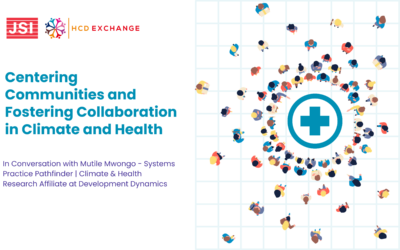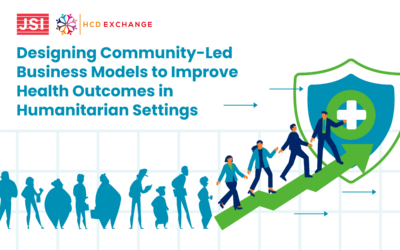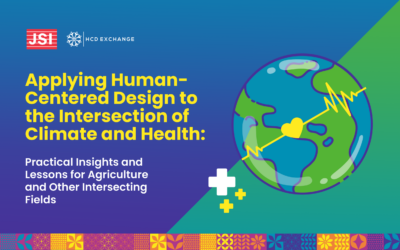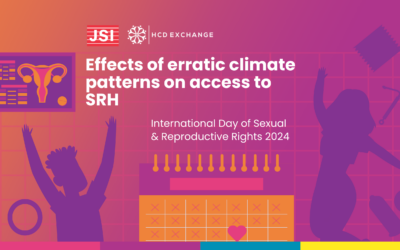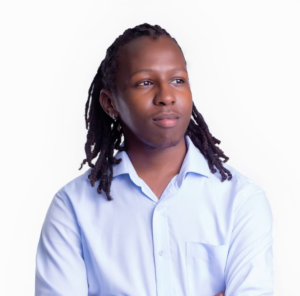 The other day a friend called me in a panic. She had just had an intimate sexual encounter with someone and in the midst of the pleasure and fun, had not realised that the condom had broken. She became scared and confused. This had happened on the only day she could leave the house to hang out with her boyfriend. After the incident, she returned home and became even more concerned. She urgently needed access to an emergency contraceptive pill, but with limited opportunities to leave home to purchase the pill, she found herself in an anxiety-inducing space.
The other day a friend called me in a panic. She had just had an intimate sexual encounter with someone and in the midst of the pleasure and fun, had not realised that the condom had broken. She became scared and confused. This had happened on the only day she could leave the house to hang out with her boyfriend. After the incident, she returned home and became even more concerned. She urgently needed access to an emergency contraceptive pill, but with limited opportunities to leave home to purchase the pill, she found herself in an anxiety-inducing space.
This is just an example of the current situation we are faced with as young people when it comes to accessing sexual health. Adolescents and young people face enormous barriers to accessing essential sexual and reproductive health and rights information. These barriers have been made worse by the COVID-19 pandemic. Public hospitals and healthcare delivery points are overwhelmed with responding to the COVID-19 pandemic, and as a result have scaled back time and effort invested in addressing youth sexual and reproductive health needs. Non-governmental organisations, civil society organisations, and other institutions that have traditionally filled this gap are currently not as active and present on the ground, hence spaces that young people could rely on are now no longer available. This is very worrying.
To address this challenge, my organization Maisha Youth took part in a 3 week self-care design sprint in mid-April to early May. We sought to answer one key question: “How might we help adolescents get access to the sexual and reproductive health information and the support that they need in a physically distant and disrupted world?”
The sprint brought together three key partners : JHPIEGO, a non-profit involved in creation and delivery of transformative health solutions, In Their Hands, a digital platform connecting girls to free, life-saving SRH products and services, and Maisha Youth, a youth-led program innovating around creative approaches to involve and engage with adolescents and young people. Together we produced an online resource called Voice-Up, a platform that provides free sexual health information for youth.
At the end of the sprint, we asked ourselves whether the sprint was ultimately beneficial for the young people we were designing for. Applying a critical lens to our own work, we found that the answer to that question was both yes and no.
What worked
- We were able to create a website that was not only interactive and full of amazing content and assets, but one that was also easily adaptable to the youth organisations who we feel are the best placed to lead this engagement.
- We were able to create a site that consolidates all the points of service delivery that young people can go to for the essential ASRH information, needs, and services. And now we see the need for creating a self-running and self-sufficient system to reach young people with information and services on ASRH in a COVID-19 situation and beyond.
What didn’t work
We found that as much as we intended to specifically create a system that could mitigate information gaps for adolescents and young people and ensure a system is put in place for the effective and discreet delivery of information and services to them, the end result has room for improvement to make it more accessible and youth-friendly. We plan on iterating further to see how we can make the resource as relevant and engaging for young people as possible.
Overall, the sprint was an amazing learning curve and a snapshot of the gaps that we need to begin addressing when it comes to a delivery service for young people that is efficient, reliable, and sustainable. It opened our eyes to the needs, resources, and wants that adolescents and young people are asking for. It helped all of us adopt a deeper sense of commitment to getting things done the right way for the young people we work with.
Rasheed Mutaha is a strategist at Maisha Youth.
Read more about the VoiceUp design sprint in this summary from IDEO.org

